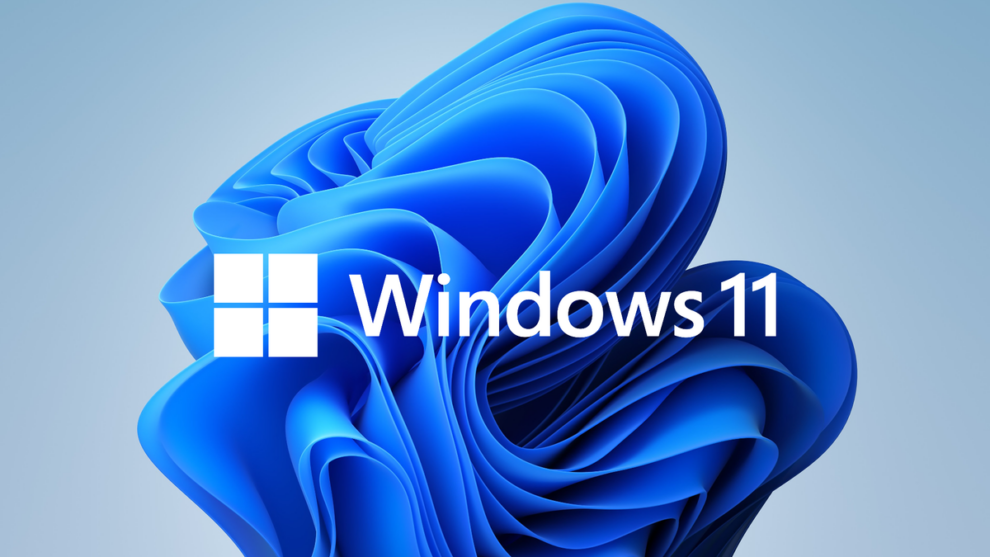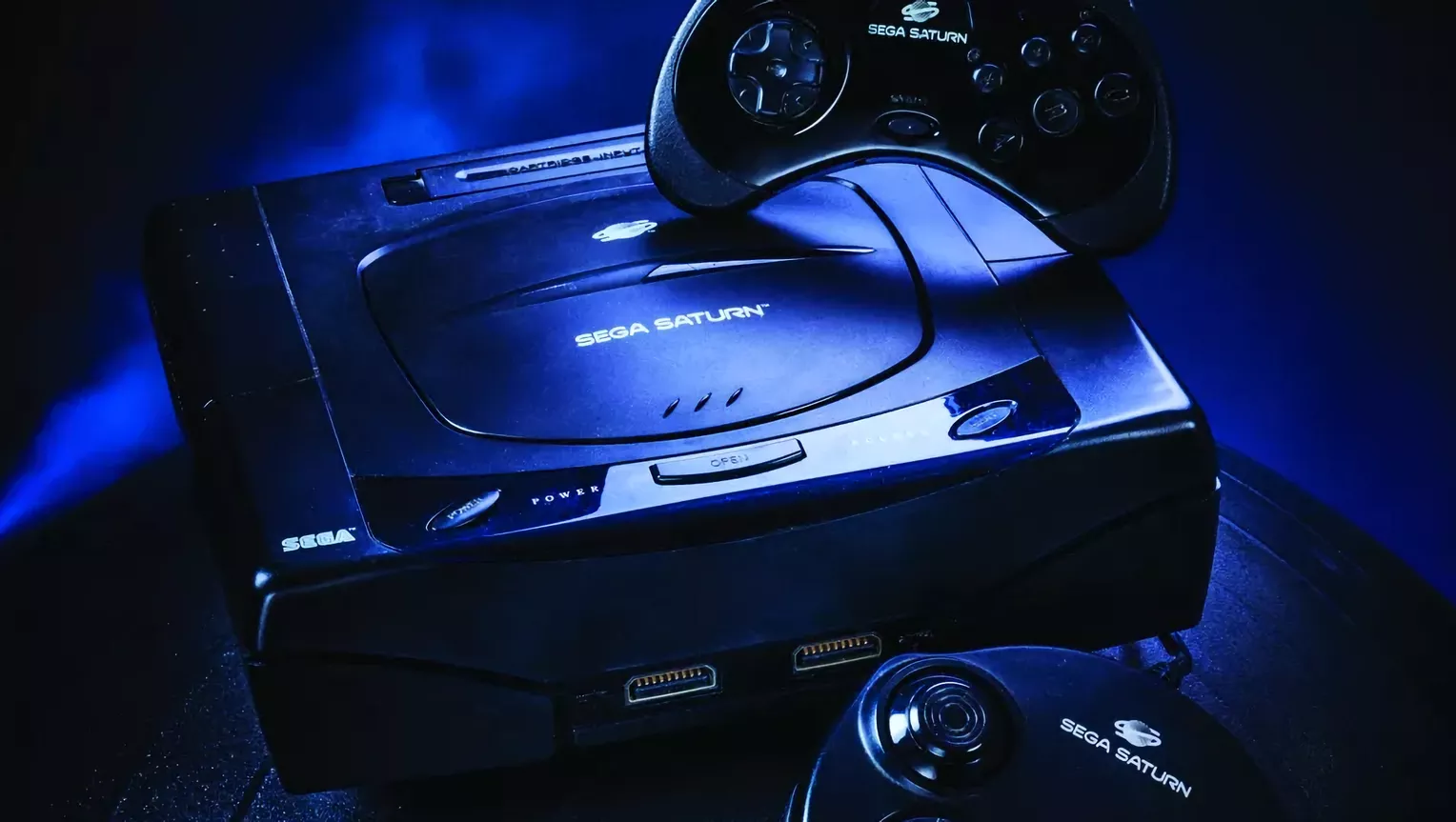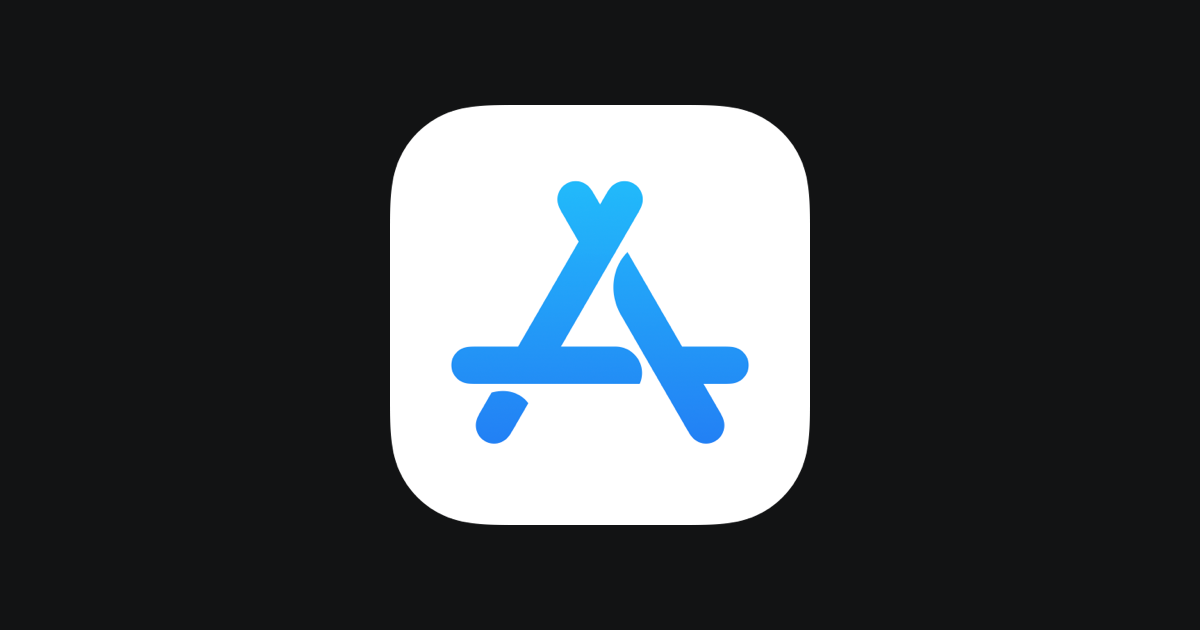Microsoft is set to integrate a contentious feature from Windows 10 into Windows 11, drawing mixed reactions from users. The feature in question is the lock screen cards, previously deemed by some as unnecessary bloat, which will now appear in Windows 11. This update is part of several enhancements aimed at improving user interaction and system management.
Windows 11 will also see the addition of various features designed to streamline operations and enhance security. Notable updates include more efficient system storage management, advanced Bluetooth settings, and a focus on accessibility with improved voice typing and high-contrast settings. Additionally, Microsoft introduces a Power Automate plugin for Copilot, which facilitates file and email management tasks, enhancing productivity directly from the desktop environment.
Timeline’s concept was ambitious, aiming to enhance productivity by making recent documents, apps, and sites easily accessible. However, it raised eyebrows among privacy-conscious users uncomfortable with such extensive data tracking and storage. Despite its removal from Windows 10, insiders suggest that Microsoft has revamped this feature with better data handling and customization options, addressing previous concerns.
The reintroduction of Timeline in Windows 11 signifies Microsoft’s ongoing efforts to refine user experience and integrate cross-device functionalities, potentially leveraging cloud services to synchronize user activities more securely and efficiently. This move aligns with Microsoft’s broader strategy to make Windows 11 a more adaptive and user-friendly platform, especially in hybrid work environments.
Critics of the original Timeline feature are cautiously optimistic, awaiting further details on privacy safeguards. Meanwhile, productivity enthusiasts are eager to see how these enhancements might support more seamless workflows. Microsoft has yet to officially confirm these developments, but updates are expected in the upcoming annual release cycle.
While the feature’s return could be polarizing, it underscores Microsoft’s commitment to innovation and responsiveness to user feedback, albeit with a cautious approach to privacy and functionality balance.
Despite the benefits these features may provide, the decision to include previously criticized elements like lock screen cards has raised concerns about potential clutter and resource use on the user interface.



















Add Comment